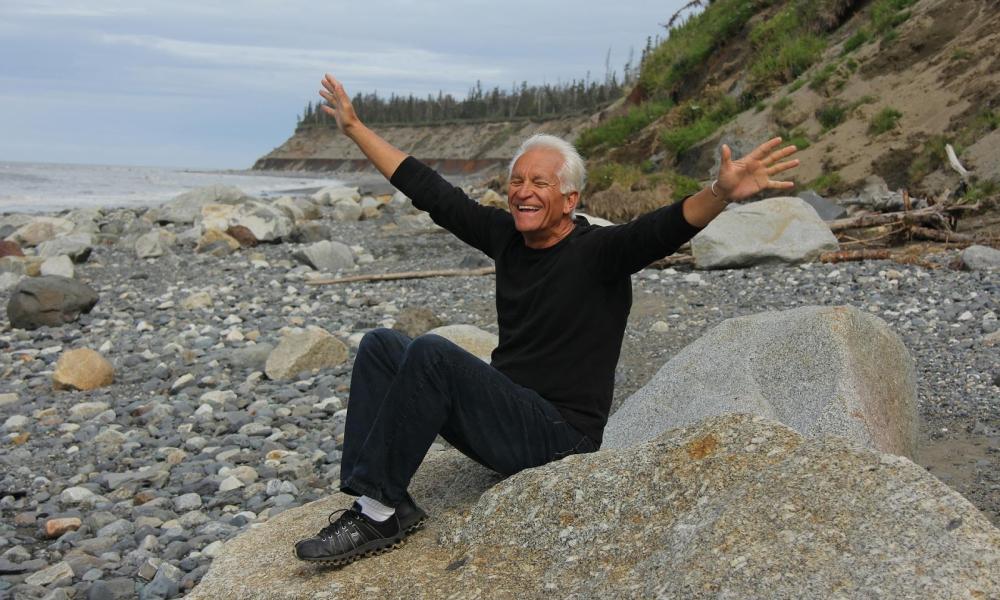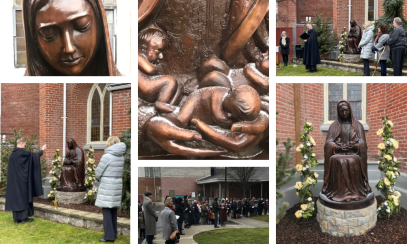
The Physical and Emotional Benefits of a Spiritual Community for Seniors
People talk about aging as Shangri-La, but don’t always talk about how hard it can be. Sure, there’s retirement, but there’s also chronic pain. There’s time to travel, but money can get tight. There’s wisdom, but there’s also watching old friends pass away.
Given these obstacles, some seniors fall into depression, addiction, or just isolation. These situations can lead to poor health outcomes. Affiliation with a church can provide seniors with a strong faith and social support system. Aging as part of a faith community improves physical and emotional health.
Depression is a serious problem among older adults. In fact, two million of the 34-million American adults over 65 suffer from depression. Adults over 65 represent 13 percent of the population, but 20 percent of suicides. Perhaps most concerning is that only 42 percent of older adults with depression will get help for their symptoms. Religion can be a source of optimism and can boost self-esteem. That can mean a better outlook, but also a better adherence to treatment orders, according to Psychology Today. Studies have also shown substance abuse is lower amongst people who identify as “religious,” and religion or spiritual practice can also be a powerful tool in recovery. But one does not need to experience anxiety, depression, or addiction to benefit from religion.
Dr. Kenneth Pargament, an expert on psychology and its intersection with spiritual practice, says faith offers comfort and acts as a coping strategy in moments of stress. Church members can find support from God and their fellow believers. This strategy isn’t just good for spiritual health; it affects physical health as well. He notes that people who attend church once or more each week live an average of seven years longer (14 years for African Americans) than those who attend less than once a week.
He also discusses new work that explores secular and spiritual practices that seem to perform the same function. Practices that are spiritually based still have better outcomes. Thus far, researchers have not been able to explain why it makes a difference, but Dr. Pargament believes it may have to do with a “unique focus on the domain of the sacred — transcendence, ultimate truth, finitude and deep connectedness.”
Whatever the case, he says, without the sacred, the work is less effective.
Connection to the sacred is not the only important element of faith observance. Though some may consider the physical body the opposite of sacred, it also plays a role. Physical activity is imperative for seniors’ health. For adults over 65, the World Health Organization recommends no less than 150 minutes of exercise every week. Benefits include lower blood pressure, better cognition, and lower risk of heart disease and some types of cancer. It can also decrease depression symptoms and reduce the likelihood of their return.
A church can provide opportunities for exercise, especially for those who live alone. Churches often have gyms, clubs, and leagues on site or in the community. These groups are wonderful ways for seniors to meet and engage with younger members who have similar interests. Alternatively, seniors enrolled in Medicare Advantage programs can team up with fellow seniors and take part in the SilverSneakers program (https://tools.silversneakers.com/), allowing them to access area fitness facilities without having to pay additional fees for monthly gym memberships.
Seniors can also look for opportunities to volunteer with their church communities. Some churches have children’s ministries who need weekly staff so parents can enjoy a service. As an added benefit, keeping up with toddlers is a great way to get moving. Churches are also addressing the growing senior population with specialized senior ministries, and these can be great groups to start a walking club with, as walking has numerous health benefits.
Church involvement can provide support in many ways. It creates a tight social network with people who share your values. It provides positive messages and influence for people struggling with illness. Perhaps most importantly, it gives seniors a place to be active and engaged for years to come.


